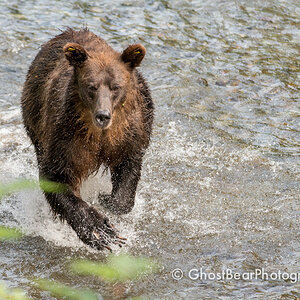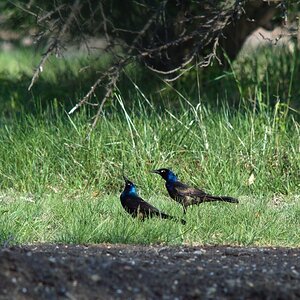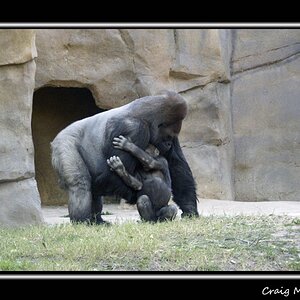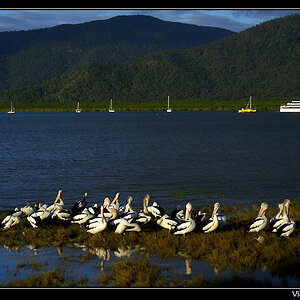Hi, I'm not sure this is the forum for this so if not, please redirect me.
I'm just getting back into photography after a 25 year hiatus.
I once had a Minolta SRT-202 that I used and loved for 15 years, but it was stolen.
I had young kids at the time so I just got point and click cameras to
replace it, but I have never been really happy with the experience.
I want to get an SLR film camera again, a good used 35mm SLR,
totally manual, and NOT battery dependant, like the SRT-202 I had.
I'm thinking of a Minolta SRT, a Nikon F*, a Canon A1, Pentax or Olympus.
To my total dismay I discovered that minolta is out of the camera business
so I'm concerned about getting an srt serviced if I need it.
I also want to use the camera for astronomical photography (another hobby).
I know it's very subjective and I'm sure I'll get a variety of opinions, but here goes...
What is the best, solid, dependable 35mm SLR manual film camera out there?
I want a solid durable camera that I can get parts and service for as well
as a selection of reasonably priced lenses, T-ring adaper for a telescope, etc.
Is there another source of expert advice I should refer to (website or book)?
I'm looking forward to your advice, opinions, and comments.
I'm just getting back into photography after a 25 year hiatus.
I once had a Minolta SRT-202 that I used and loved for 15 years, but it was stolen.
I had young kids at the time so I just got point and click cameras to
replace it, but I have never been really happy with the experience.
I want to get an SLR film camera again, a good used 35mm SLR,
totally manual, and NOT battery dependant, like the SRT-202 I had.
I'm thinking of a Minolta SRT, a Nikon F*, a Canon A1, Pentax or Olympus.
To my total dismay I discovered that minolta is out of the camera business
so I'm concerned about getting an srt serviced if I need it.
I also want to use the camera for astronomical photography (another hobby).
I know it's very subjective and I'm sure I'll get a variety of opinions, but here goes...
What is the best, solid, dependable 35mm SLR manual film camera out there?
I want a solid durable camera that I can get parts and service for as well
as a selection of reasonably priced lenses, T-ring adaper for a telescope, etc.
Is there another source of expert advice I should refer to (website or book)?
I'm looking forward to your advice, opinions, and comments.


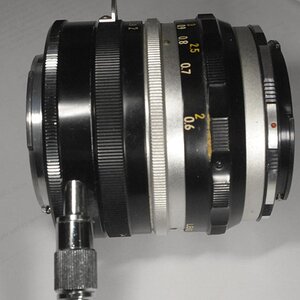
![[No title]](/data/xfmg/thumbnail/39/39439-d0a6beaaf39993860b74ccbd81fdd122.jpg?1619739032)
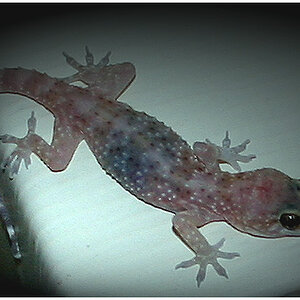
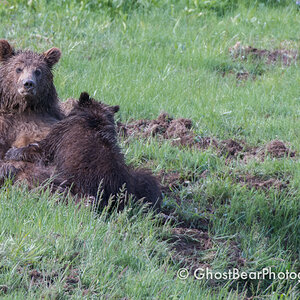
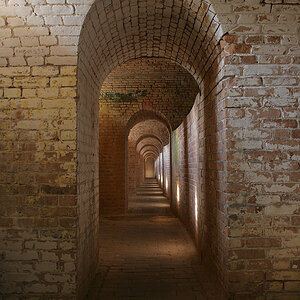
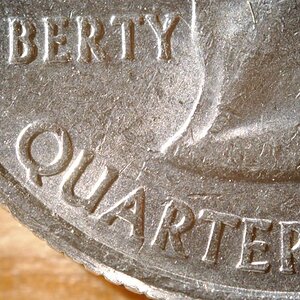
![[No title]](/data/xfmg/thumbnail/41/41935-851da2b46dc9cbb829c8c42b2aa84873.jpg?1619739947)
![[No title]](/data/xfmg/thumbnail/37/37640-803bb25a4f46642289fe136733ddfbde.jpg?1619738159)
